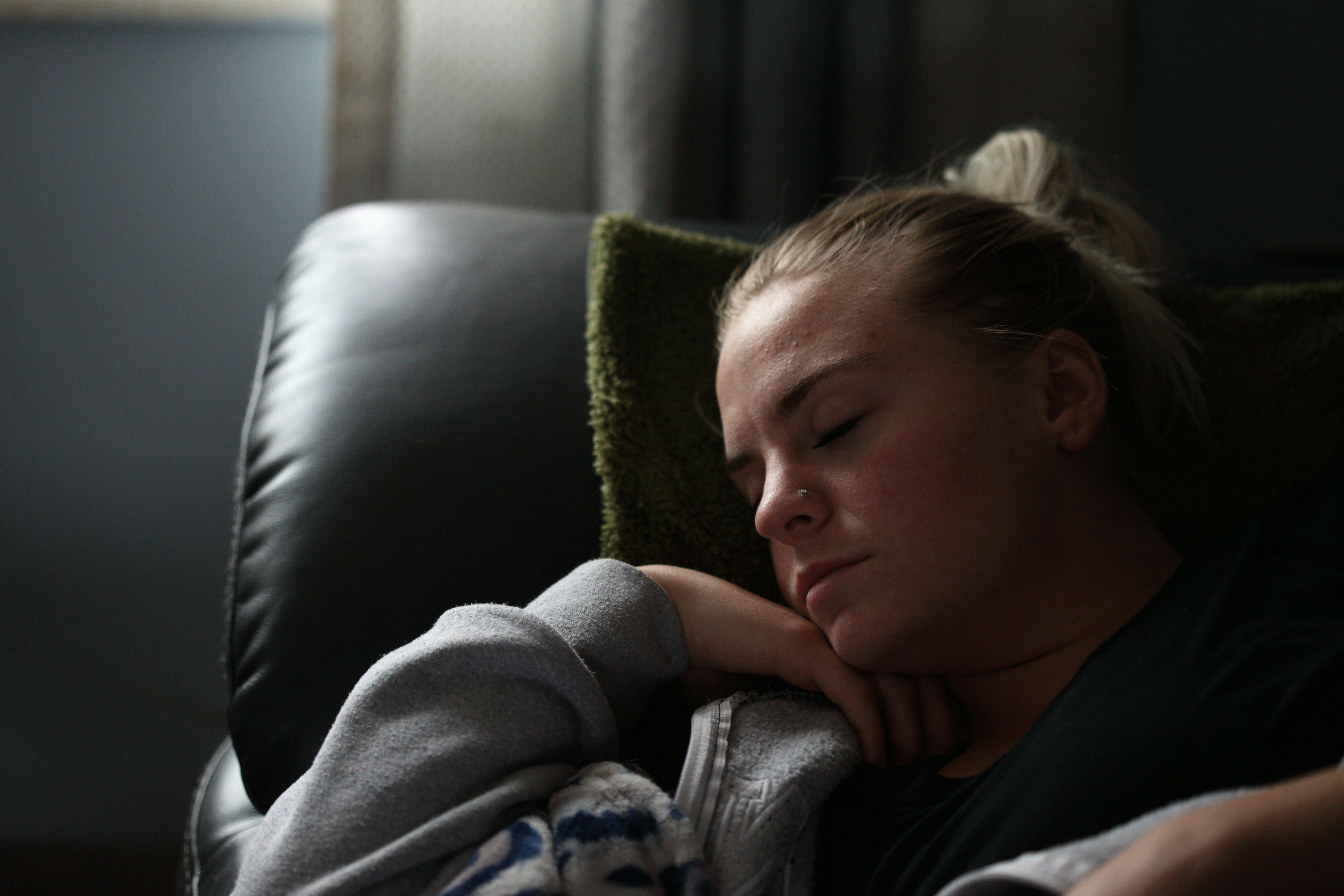News release
From:
The BMJ
Externally peer reviewed? Yes
Evidence type: Living systematic review
Subjects: People
Talking therapy and rehabilitation probably improve long covid symptoms, but effects modest
And no compelling evidence for other interventions including certain drugs, dietary supplements, inspiratory (breathing) muscle training or oxygen therapy
Cognitive behavioural therapy (CBT) and a programme of physical and mental rehabilitation probably improve symptoms of long covid, but the effects are modest, finds a review of the latest evidence published by The BMJ today.
Intermittent aerobic exercise also probably improves physical function compared with continuous aerobic exercise. But the researchers found no compelling evidence to support the effectiveness of other interventions, including certain drugs, dietary supplements, inspiratory muscle training, transcranial direct current stimulation, hyperbaric oxygen therapy, or mobile education apps.
Although most patients recover from covid-19, up to 15% (an estimated 65 million people globally) might experience long term health effects, including fatigue, muscle pain (myalgia), and impaired cognitive function.
Healthcare providers are increasingly seeing patients with long covid and, in the absence of trustworthy and up-to-date summaries of the evidence, patients may receive unproven, costly, and ineffective or harmful treatments.
To address this, researchers trawled databases for trials randomising adults with long covid to drug or non-drug interventions, placebo or sham, or usual care.
They found 24 relevant trials involving 3,695 patients investigating drugs, physical activity or rehabilitation, behavioural interventions, dietary interventions, medical devices and technologies, and combinations of physical exercise and mental health rehabilitation.
The trials were of varying quality, but the researchers were able to assess their risk of bias and the certainty of evidence using established tools.
Moderate certainty evidence suggested that, compared with usual care, an online programme of CBT probably reduces fatigue and improves concentration, and an online, supervised combined physical and mental health rehabilitation programme probably increases the proportion of patients that experience meaningful improvement or recovery, reduces symptoms of depression and improves quality of life.
Moderate certainty evidence also suggested that intermittent aerobic exercise 3-5 times a week for 4-6 weeks probably improves physical function compared with continuous aerobic exercise.
However, no compelling evidence was found to support the effectiveness of other interventions, including the antidepressant vortioxetine, the antibody leronlimab, a combination of probiotics and prebiotics, the antioxidant coenzyme Q10, brain retraining, transcranial direct current stimulation, inspiratory muscle training, hyperbaric oxygen, and a mobile education app on long covid.
Despite their rigorous search of the literature, the authors acknowledge that it is possible they missed eligible trials. Furthermore, most of the evidence supporting other interventions were low to very low certainty, and new trials may affect results.
However, this was a rigorous review, designed with input from people with lived and living experience of long covid, and with a focus on outcomes that are important to patients.
As such, they conclude: “Our findings suggest that offering patients with long covid a programme of CBT or a programme of physical and mental rehabilitation will probably improve symptoms.”
These results will be updated as new evidence becomes available, they add.



 Australia; International; VIC
Australia; International; VIC



